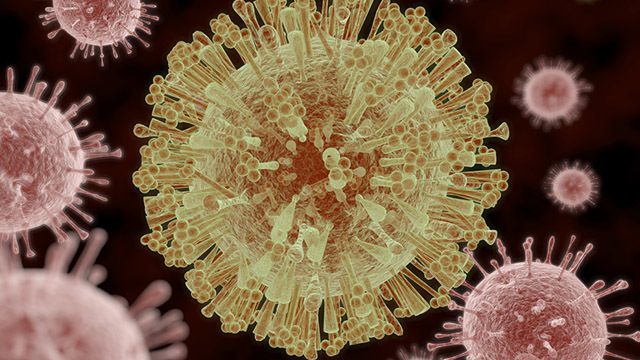SUMMARY
This is AI generated summarization, which may have errors. For context, always refer to the full article.

MANILA, Philippines – A resident of the United States tested positive for the Zika virus after spending 4 weeks in the Philippines in January 2016, the Department of Health (DOH) said on Sunday, March 6.
The DOH cited a report from the US-Centers for Disease Control and Prevention (US-CDC) which indicated that a non-pregnant adult showed symptoms of fever, rash, joint pain, conjunctivitis, and muscle pain during her last week of stay in the Philippines, and was confirmed to have the Zika virus upon returning to the US.
Zika is a mild case of the flu transmitted by mosquito species usually found in tropical and sub-tropical regions. Though seemingly minor, however, the virus is suspected to cause serious neurological problems and birth defects in babies born to infected women. (READ: FAST FACTS: Zika virus)
Philippine Health Secretary Janette Garin said they are now trying to pinpoint all the provinces the patient may have traveled to during her stay.
“Currently, we are coordinating with US-CDC for the profile of the patient, including information on places she visited in the Philippines,” Garin said.
The health chief assured the public that there is no cause for alarm as there is no epidemic, considering that it is just the second confirmed case of Zika virus in the country.
The first laboratory confirmed case was in 2012 when a 15-year-old boy tested negative for dengue and Chikungunya but positive for Zika. He recovered after 3 weeks of bed rest and medication.
Zika is characterized by fever, rash, and conjunctivitis. Other symptoms include joint pain, muscle pain, headache, and vomiting. These may last for 2 to 7 days.
Although most infected individuals do not manifest any symptoms, they are still capable of transmitting the infection through the bite of infected female Aedes mosquitoes, the same ones responsible for dengue and Chikungunya. Other reports also indicated that the virus could be transmitted through sexual contact and blood transfusion.
The symptoms of the virus can be treated with medications for common pain and fever, rest, and water. Patients, however, are encouraged to consult the nearest health facility if symptoms persist.
The Research Institute for Tropical Medicine (RITM) can test suspected cases. Zika virus kits are also available for those who want to get tested across the country. (READ: 1,000 kits available in PH for Zika virus testing)
Garin advised women – pregnant or not – to take precautions to protect themselves.
Breeding grounds, Garin added, should be destroyed to prevent the spread of Aedes mosquitoes.
“We reiterate that cleanliness is still the key against mosquito-borne diseases. The public is reminded to be vigilant and pre-cautious in eliminating mosquito breeding places through the ‘4S campaign,'” she said.
“The 4S means search & destroy mosquito breeding places; use self-protection measures, seek early consultation for fever lasting more than two days, and say yes to fogging when there is an impending outbreak.”
According to the World Health Organization (WHO), 55 countries have reported local Zika cases from January 2007 to March 2016, making it a global threat. – Rappler.com
Add a comment
How does this make you feel?
There are no comments yet. Add your comment to start the conversation.